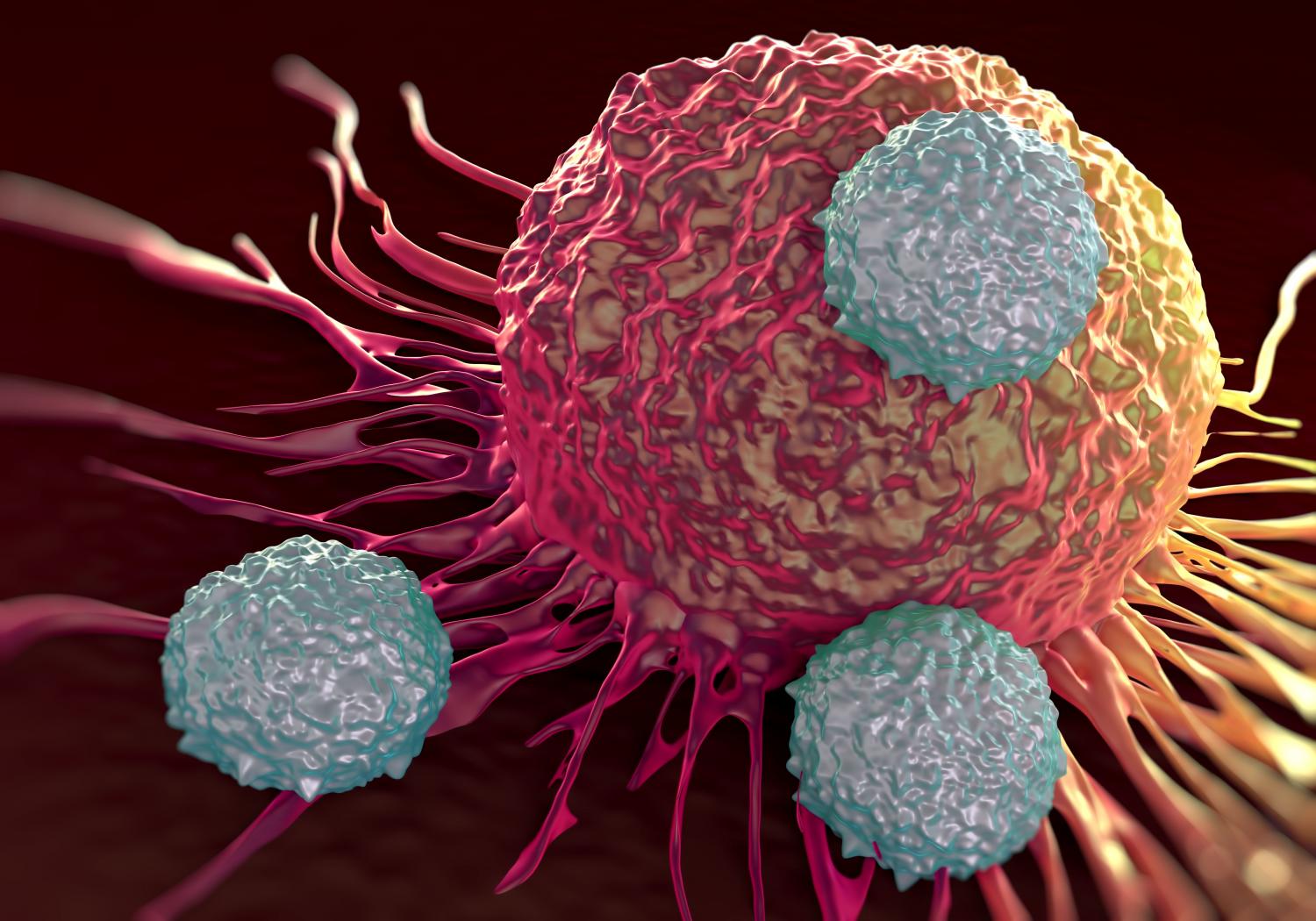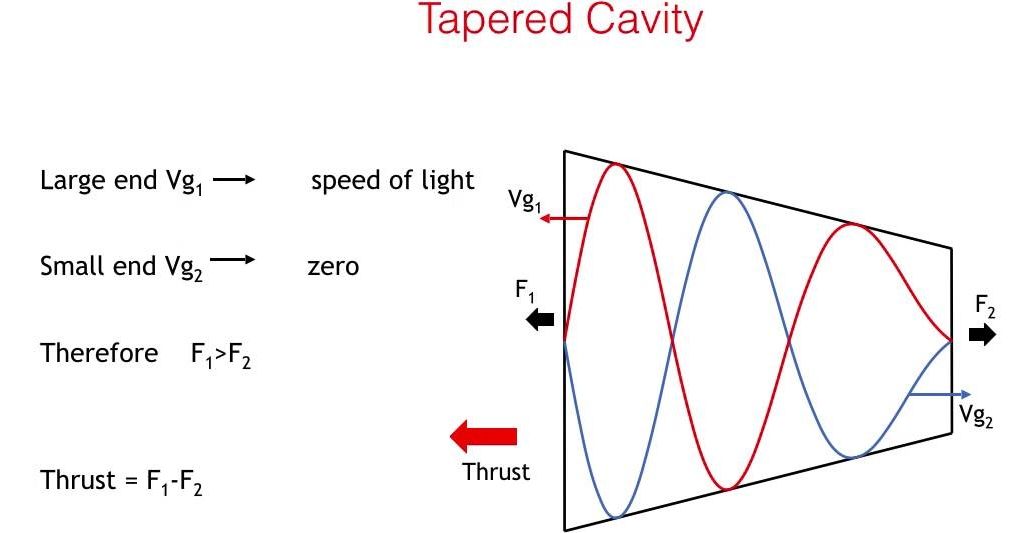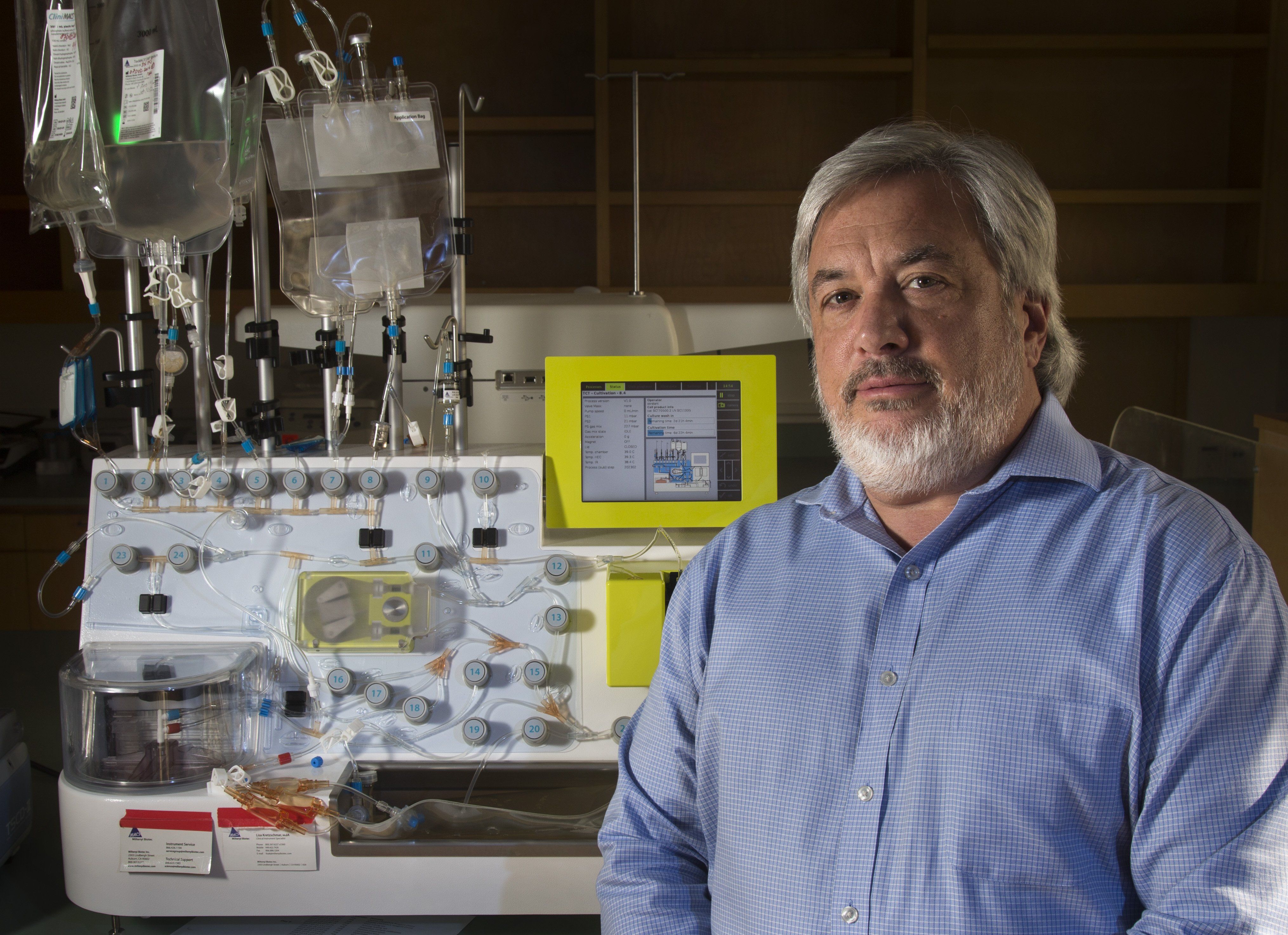
New study provides deeper insight into the immune system.
In a bid to better understand the gene expression patterns that control T cell activity, researchers at the La Jolla Institute for Allergy and Immunology mapped genome-wide changes in chromatin accessibility as T cells respond to acute and chronic virus infections. Their findings, published in the Dec. 20, 2016 issue of Immunity, shed light on the molecular mechanisms that determine the fate of T lymphocytes and open new approaches to clinical intervention strategies to modulate T cell activity and improve immune function.
“Identifying the different factors that determine different T cell states and therefore their function helps us understand if T cells will be able or not to fight viral infections or tumor growth, and if they will be able or not to provide long-term protection,” says the study’s first author James Scott-Browne, a postdoctoral fellow in the laboratory of Anjana Rao, a professor in the Division of Signaling and Gene Expression. “We may be able to revert the exhaustion phenotype of T cells and render them better able to fight tumors or chronic viral infections such as HIV, or generate better memory cells in response to vaccines.”
Continue reading “Researchers map genome-wide changes that drive T cell maturation and exhaustion” »


















